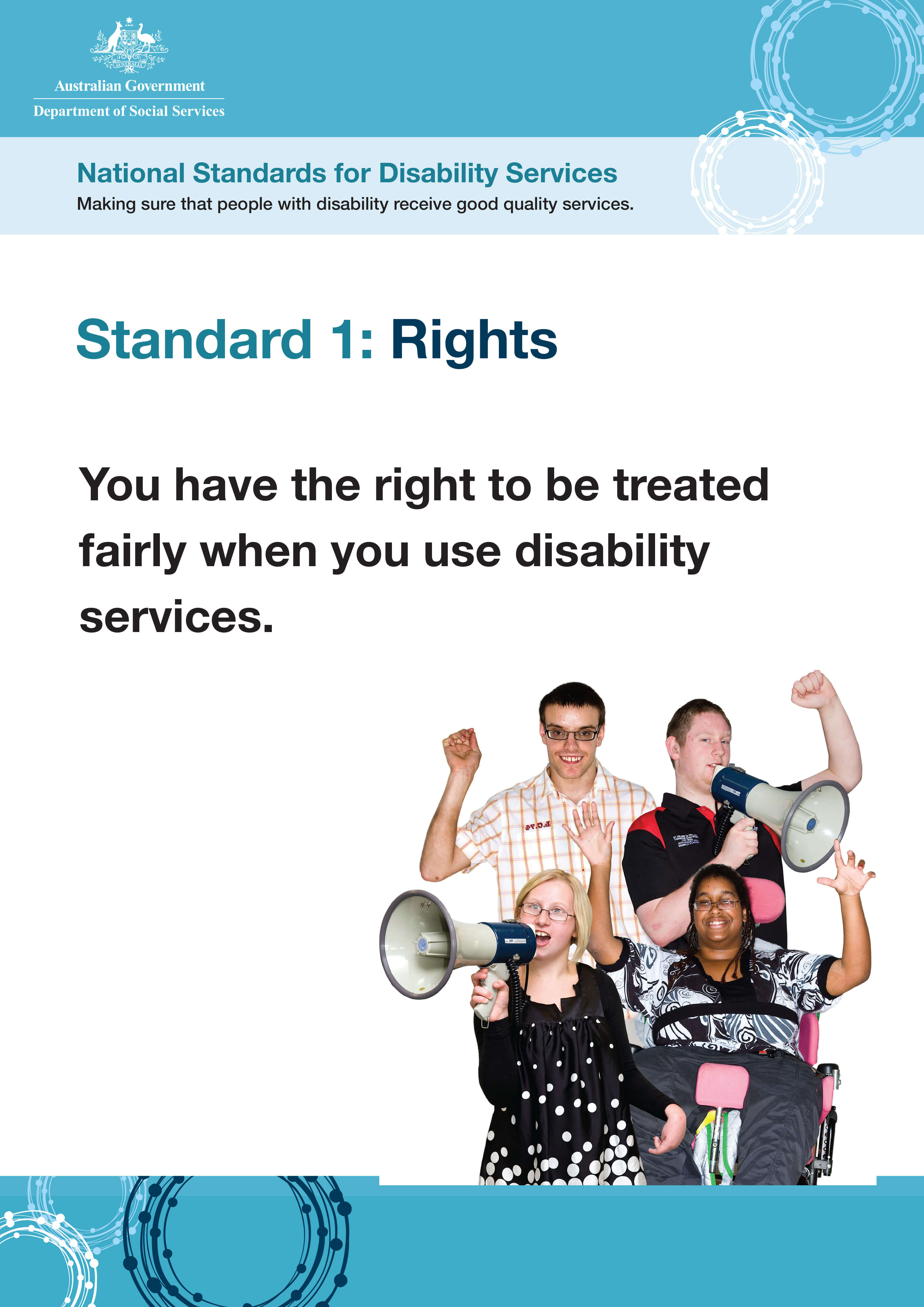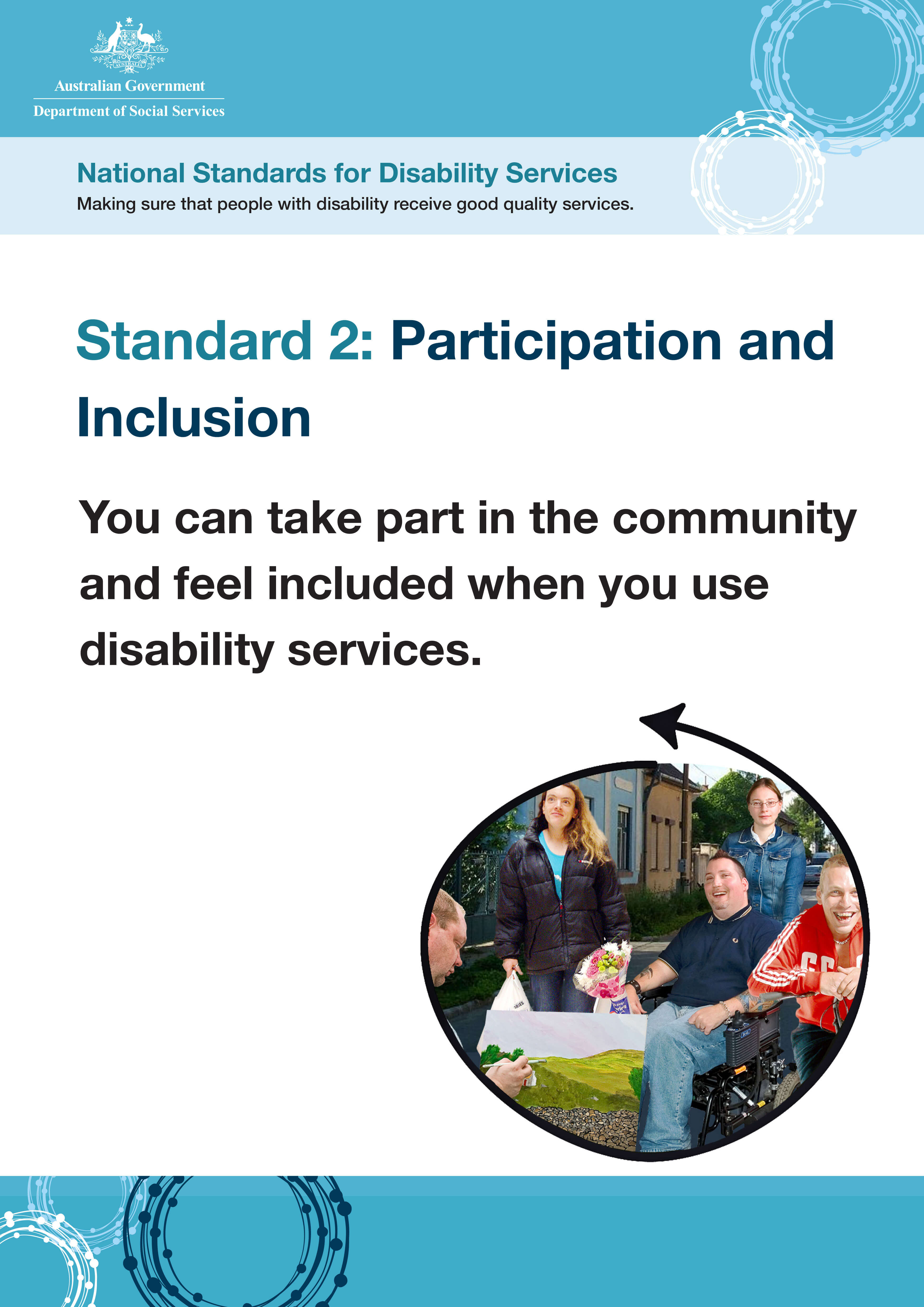 National Disability Insurance Scheme
National Disability Insurance Scheme
The National Disability Insurance Scheme (NDIS) is a government funded program to provide eligible people with reasonable and necessary support balanced by as much choice and control for themselves as possible, so they can live a good life.
Under the NDIS, each Seton Villa resident receives an individualised support plan and funding package administered by the National Disability Insurance Agency (NDIA) that is based on their goals and aspirations. Each package contains a Supported Independent Living (SIL) component and Supported Disability Accommodation (SDA) component and may also include funding for Social and Community Participation, Assistive Technology and Capacity Building.
Seton Villa is a Registered NDIS Provider committed to the NDIS Practice Standards and Quality Indicators.
NDIS Practice Standards
The NDIS Practice Standards create an important benchmark for providers to assess their performance, and to demonstrate how they provide high quality and safe supports and services to NDIS participants. Together with the NDIS Code of Conduct, the NDIS Practice Standards will assist NDIS participants to be aware of what quality service provision they should expect from NDIS providers.
There are four components of the Core Module fully supported by Seton Villa:
- Rights and Responsibilities
- Person-centred supports
Outcome: Each participant accesses supports that promote, uphold and respect their legal and human rights and is enabled to exercise informed choice and control. The provision of supports promotes, upholds and respects individual rights to freedom of expression, self-determination and decision-making. - Individual values and beliefs
Outcome: Each participant accesses supports that respect their culture, diversity, values and beliefs. - Privacy and Dignity
Outcome: Each participant accesses supports that respect and protect their dignity and right to privacy. - Independence and informed choice
Outcome: Each participant is supported by the provider to make informed choices, exercise control and maximise their independence relating to the supports provided. - Violence, Abuse, Neglect, Exploitation and Discrimination
Outcome: Each participant accesses supports free from violence, abuse, neglect, exploitation or discrimination.
- Person-centred supports
- Provider Governance and Operational Management
- Governance and Operational Management
Outcome: Each participant’s support is overseen by robust governance and operational management systems relevant (proportionate) to the size, and scale of the provider and the scope and complexity of supports delivered. - Risk Management
Outcome: Risks to participants, workers and the provider are identified and managed. - Quality Management
Outcome: Each participant benefits from a quality management system relevant and proportionate to the size and scale of the provider, which promotes continuous quality improvement of support delivery. - Information Management
Outcome: Management of each participant’s information ensures that it is identifiable, accurately recorded, current and confidential. Each participant’s information is easily accessible to the participant and appropriately utilised by relevant workers. - Feedback and Complaints Management
Outcome: Each participant has knowledge of and access to the provider’s complaints management and resolution system. Complaints and other feedback made by all parties are welcomed, acknowledged, respected and well-managed. - Incident Management
Outcome: Each participant is safeguarded by the provider’s incident management system, ensuring that incidents are acknowledged, responded to, well-managed and learned from. - Human Resource Management
Outcome: Each participant’s support needs are met by workers who are competent in relation to their role, hold relevant qualifications, and who have relevant expertise and experience to provide person-centred support. - Continuity of Supports
Outcome: Each participant has access to timely and appropriate support without interruption.
- Governance and Operational Management
- Provision of Supports
- Access to supports
Outcome: Each participant accesses the most appropriate supports that meet their needs, goals and preferences. - Support Planning
Outcome: Each participant is actively involved in the development of their support plans. Support plans reflect participant needs, requirements, preferences, strengths and goals, and are regularly reviewed. - Service Agreements with Participants
Outcome: Each participant has a clear understanding of the supports they have chosen and how they will be provided. - Responsive Support Provision
Outcome: Each participant accesses responsive, timely, competent and appropriate supports to meet their needs, desired outcomes and goals.
3.5 Transitions to or from the provider
Outcome: Each participant experiences a planned and co-ordinated transition to or from the provider.
- Access to supports
- Provision of Supports – Environment
- Safe Environment
Outcome: Each participant accesses supports in a safe environment that is appropriate to their needs. - Participant Money and property
Outcome: Participant money and property is secure and each participant uses their own money and property as they determine. - Management of Medication
Outcome: Each participant requiring medication is confident their provider administers, stores and monitors the effects of their medication and works to prevent errors or incidents. - Management of Waste
Outcome: Each participant, each worker, and any other person in the home is protected from harm as a result of exposure to waste, infectious or hazardous substances generated during the delivery of supports.
- Safe Environment
If you would like further information about how Seton Vila can assist you or your family member under the NDIS, please call our office on (02)9888 5244 or click here.







